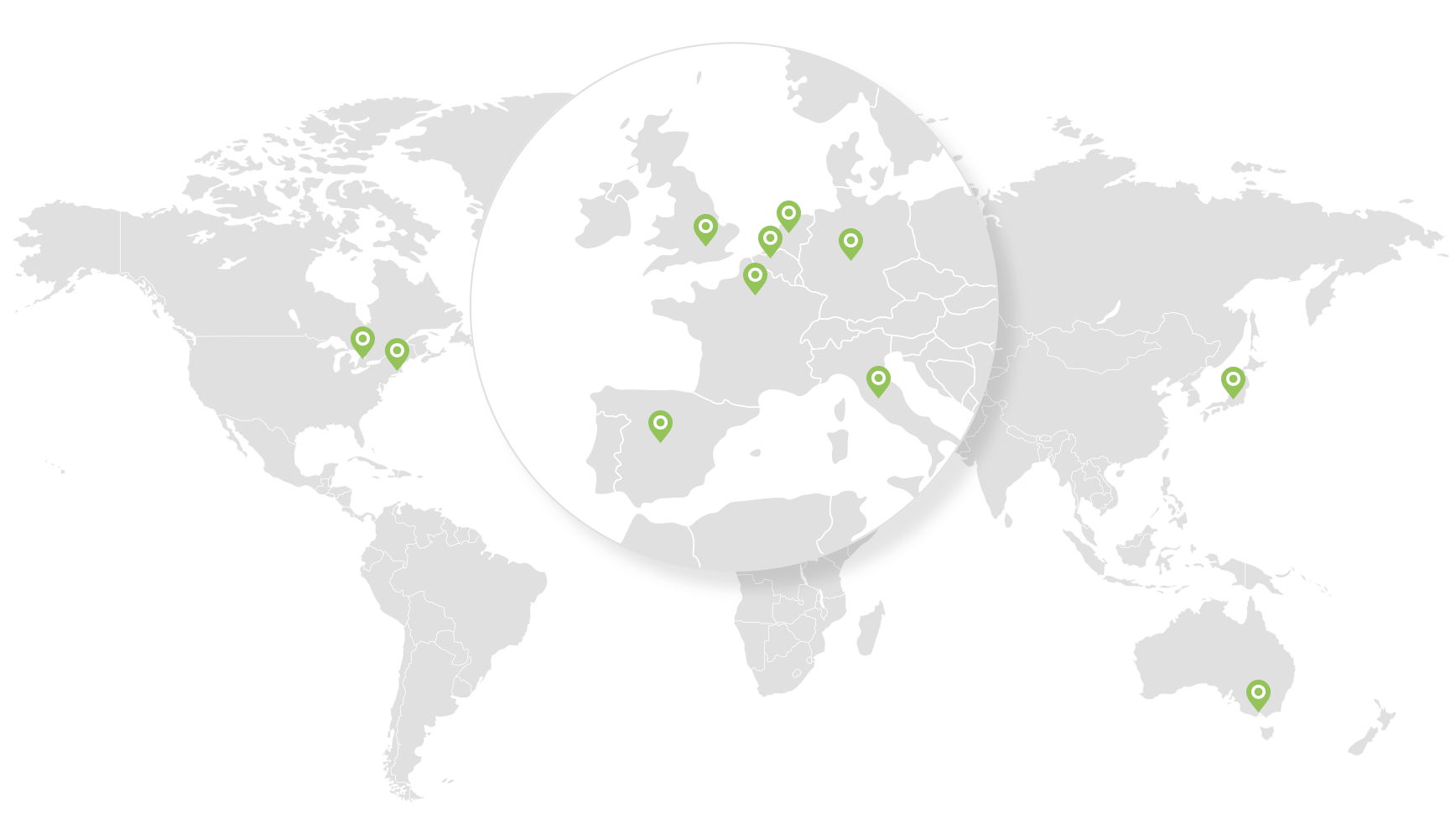Preliminary Phase I results of ARGX-110 in patients with T-cell lymphomas presented at ICML
Breda, the Netherlands/Ghent, Belgium– arGEN-X N.V. (Euronext Brussels: ARGX), a clinical-stage biopharmaceutical company focused on creating and developing differentiated therapeutic antibodies to treat cancer and severe autoimmune diseases, today presented preliminary results from an ongoing Phase I study of ARGX-110 in patients with T-cell lymphoma at the 13th International Conference on Malignant Lymphoma (Lugano, Switzerland; 17-20 June, 2015) in the ‘Novel Agents’ session.
ARGX-110 has been investigated in a Phase I patient cohort with advanced lymphomas expressing CD70. Of eight patients with relapsed/refractory T-cell lymphomas in this cohort, a biologic response was observed in three patients: in two patients with cutaneous T-cell lymphoma (Sézary syndrome), one of which had stable disease for more than six months; and in one patient with angioimmunoblastic T-cell lymphoma.
Our strategy is to use this Phase I study to identify orphan cancer indications where ARGX-110 shows clinical benefit and then to enrich our study population with these patients to establish clinical proof of efficacy, said Tim Van Hauwermeiren, Chief Executive Officer of arGEN-X. The results we have seen to-date with ARGX-110 in relapsed/refractory CD70+ T-cell lymphoma patients provides compelling evidence to support its further development in these indications.
An oral presentation of the results entitled ARGX-110, a novel monoclonal antibody targeting CD70, is associated with biological activity in patients with relapsed/refractory T-cell lymphomas was presented by Dr Marie Maerevoet from the Institut Jules Bordet (Brussels, Belgium).
About ARGX-110
ARGX-110 is a first-in-class monoclonal antibody that potently blocks CD70-induced tumor proliferation and tumor escape from immune surveillance. In addition, the POTELLIGENT®-enhanced antibody-dependent cellular cytotoxicity (ADCC) of ARGX-110 enables selective destruction of CD70-positive tumor cells. CD70 is overexpressed in the majority of cancer patients tested to date. In the initial dose-escalation of the Phase I study, ARGX-110 demonstrated a favorable safety profile with no dose-limiting toxicities seen in the 26 patients treated. ARGX-110 was well tolerated at doses between 0.1 to 10 mg/kg administered intravenously once every three weeks, and the maximum tolerated dose was not reached.
